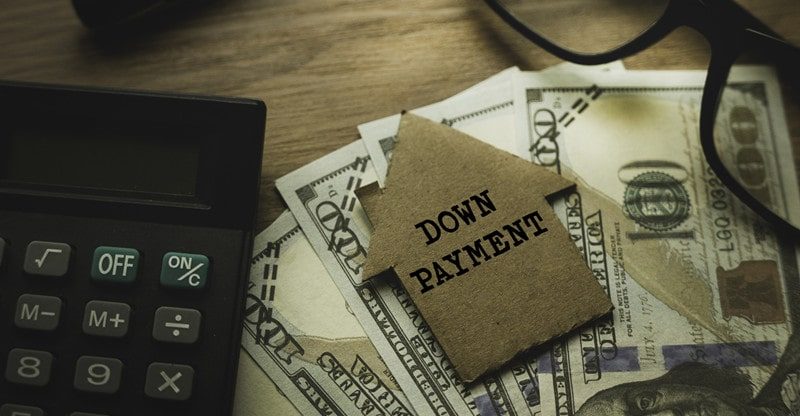How Large Of A Down Payment Do You Need?
Owning a home is a dream of many people but getting there can prove difficult. Coming up with a down payment might be harder than it seems, and this is often the biggest roadblock for those looking to own a home. You might wonder how much you need to save up.
Cutting Expenses
It’s important to spend some time going over your finances so you can figure out exactly how much you can afford to save each month. Consider cutting your monthly expenses so you have more to put into your house fund. It’s important to create a dedicated account for your house money so you can reduce the temptation to dip into these funds for something else.
One way of lowering your monthly expenses to make this more feasible is to consider a student loan refinance. By changing the terms or interest rates on your student loans, you can typically decrease the amount you have to pay each month, leaving more money for your house fund. Using a refinance calculator can help you estimate how much you’ll pay each month, allowing you to create your new budget.
Understanding Minimum Requirements
It’s a good idea when buying your own house to aim to put down at least 20 percent, since this can prevent you from having to pay for private mortgage insurance. And more money upfront can make it more likely that you will get approved for a better rate, as long as you still have money in the bank.
Still, the type of mortgage can determine how much you really need to put upfront. Some only require 2 to 3 percent. And if you are a current or past member of the military, or a surviving spouse, you could get a VA loan, which does not require any down payment.
When a Larger Amount is Required
To the lender, not putting as much down makes it riskier to loan you this money. The reason certain government sponsored programs, such as VA loans, allow for a lower down payment, is because a portion of the loan is guaranteed by them. Your credit history can also determine the amount you have to put upfront, as well as your interest rate.
While some mortgages allow you to put down about 3.5 percent, they might require 10 percent or more if your credit score is not the best.
Benefits of a Larger Payment
It does take time to save even a moderate payment, and the amount of time it takes to save a larger one can seem longer than you would like to wait. Still, there are some advantages of putting down as much as you can upfront. You can likely reduce mortgage rates with a larger down payment, and there might not be as many fees.
The equity of your home refers to how much you own, and the less you owe on it, the more equity you have. You can start building this right away when you put down a bigger payment. That way, if you sell it in the future, you will get more money back.



